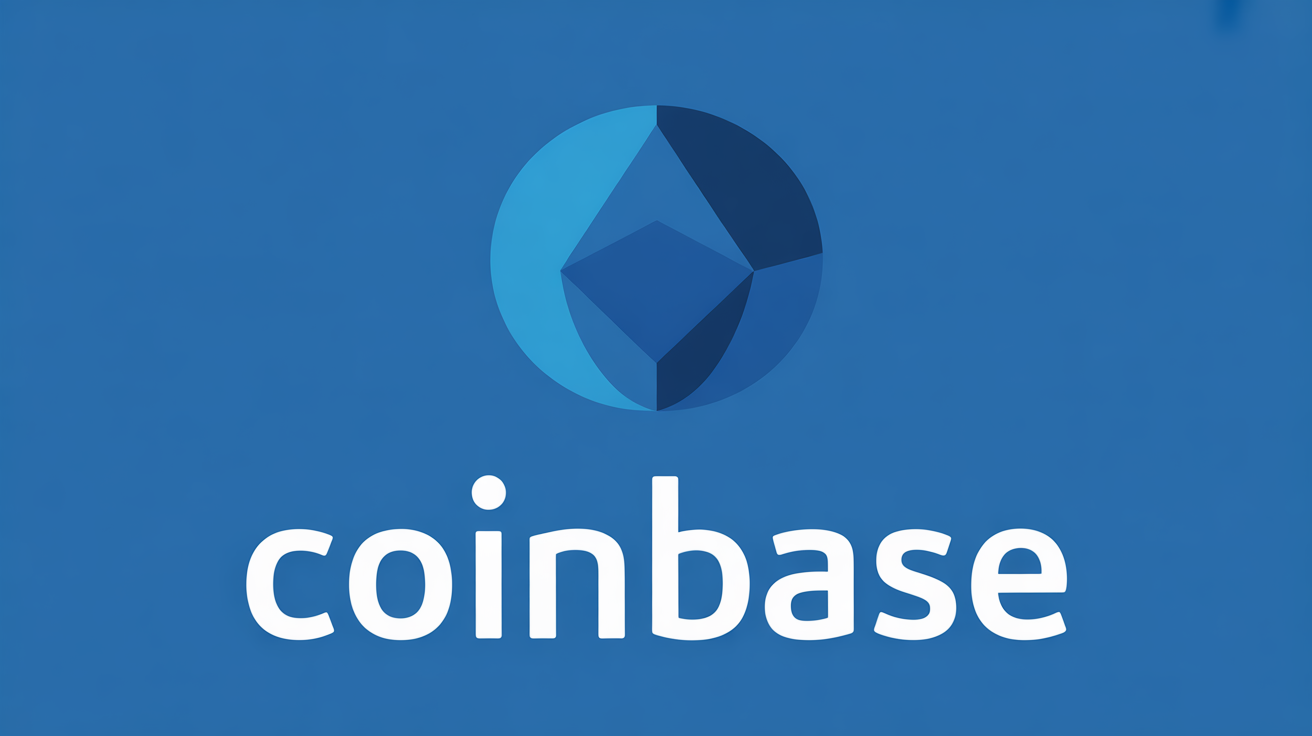Moody’s Flags Systemic Risks Amid Rapid Expansion of Tokenized Funds
The meteoric rise of tokenized investment products is drawing heightened scrutiny, with Moody’s Ratings issuing a cautionary report highlighting key vulnerabilities that could pose systemic risks to the evolving financial landscape.
According to Moody’s, the tokenized fund market—led by initiatives from major asset managers such as BlackRock and Franklin Templeton—has seen explosive growth, with tokenized money market funds expanding nearly 350% year-over-year to a $5.2 billion market cap, per rwa.xyz data.
“Tokenization offers undeniable advantages in terms of transparency, accessibility, and efficiency,” said Cristiano Ventricelli, VP-senior analyst at Moody’s Ratings. “However, this innovation also introduces a host of operational and regulatory risks that demand closer examination.”
Among the most pressing concerns is the relative inexperience of fund managers operating in the tokenization space. Small, often centralized teams with limited track records may be exposed to key-person risk and insufficient governance—a scenario that could destabilize fund operations in periods of stress.
Moody’s also cited technology-specific vulnerabilities. While smart contracts can streamline administrative tasks and reduce friction, their immutability leaves little room for error. Coding flaws or malicious exploits could lead to significant investor losses. Public blockchains further amplify these risks due to their openness to external threats.
The report emphasizes the fragility of redemption mechanisms as well. Funds should offer redemptions in both stablecoins and fiat currencies to mitigate liquidity mismatches and potential systemic shocks—especially during stablecoin depegging events or blockchain outages.
Regulatory fragmentation remains another unresolved issue. Tokenized funds often operate across multiple legal jurisdictions, creating uncertainty over enforceability and investor protection. Moody’s warned that while some structures provide direct claims on underlying assets, legal clarity still depends heavily on local laws and robust documentation.
The agency concludes that while tokenized funds hold significant promise, stakeholders must prioritize operational resilience, smart contract security, and legal coherence to ensure sustainable growth.





